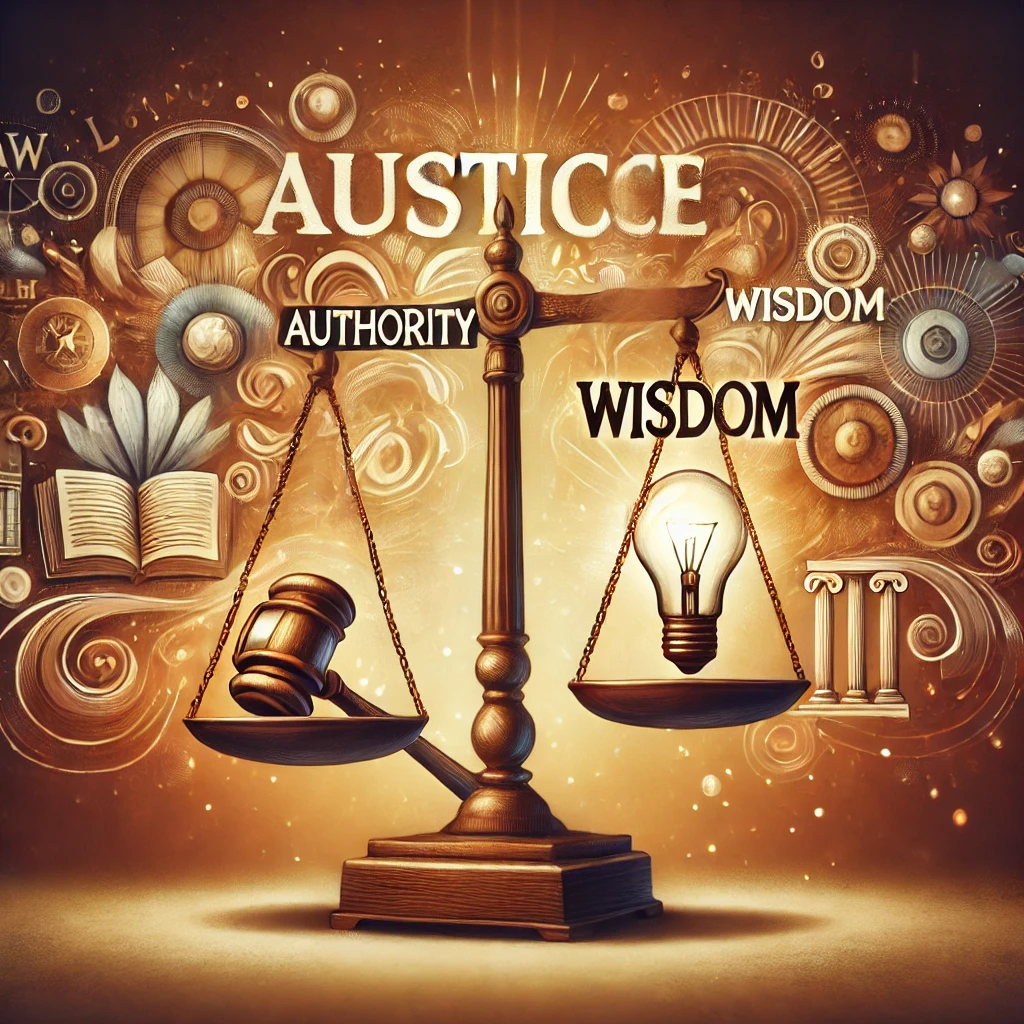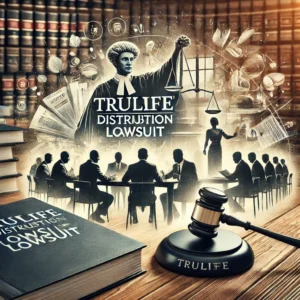
Laws have always shaped society, but what truly drives their creation? The quote, “It is not Wisdom but Authority that makes a Law. T – Tymoff,” challenges the idea that laws are based purely on wisdom. Instead, it suggests that authority often takes precedence. Let’s explore this idea in-depth and examine how authority has historically influenced lawmaking.
The Nature of Authority in Lawmaking
“It is not Wisdom but Authority that makes a Law. T – Tymoff,” directly points to authority’s critical role in legislation. Authority refers to the power or right to enforce rules and make decisions. In the realm of lawmaking, authority is often granted through constitutions, laws, or public consensus. It provides the legal foundation and the enforcement mechanisms needed to regulate society. When authority becomes the central force behind creating laws, it shapes not just the rules themselves but also the structure of society.
Authority is crucial because it establishes enforceability. Without the backing of authority, laws would lack power and consequences for non-compliance. This concept makes authority a cornerstone of all legal systems, yet it raises questions about the role of wisdom in shaping these laws.
Historical Perspectives on Authority Over Wisdom
Throughout history, those in power have often prioritized authority over wisdom in creating laws. This aligns with “It is not Wisdom but Authority that makes a Law. T – Tymoff.” In ancient Rome, for example, laws such as the Twelve Tables were established by patrician magistrates who held significant authority. These laws were designed to maintain order and consolidate the magistrates’ power, rather than to reflect collective wisdom or moral reasoning.
Similarly, during the medieval period in Europe, monarchs and feudal lords used their authority to impose laws that served their interests. These laws helped them maintain control over their lands and subjects, often at the expense of fairness or equity. The quote “It is not Wisdom but Authority that makes a Law. T – Tymoff,” is evident in these historical practices.
The Ethical Dilemma: When Authority Overrides Wisdom
The quote “It is Not Wisdom but Authority that Makes a Law. T – Tymoff,” highlights an ethical dilemma in lawmaking. Laws created solely on the basis of authority may lack the sound judgment and foresight that define wisdom. Without the guidance of wisdom, laws risk becoming tools of control rather than instruments of justice.
For example, in many cases, laws have been created to benefit those in power, rather than serving the greater good. This imbalance creates ethical concerns, especially when laws enforce inequality or perpetuate harm. The challenge lies in balancing authority with wisdom to create laws that are both effective and just.
Balancing Authority and Wisdom: Is It Possible?
Is it possible to balance authority with wisdom in the legislative process? While it’s a difficult challenge, history shows that certain societies have attempted to do so through various means. For instance, some democratic systems incorporate checks and balances to prevent an overreach of authority. Public consultations, advisory bodies, and reliance on expert advice can help lawmakers incorporate wisdom into their decisions.
However, even in these systems, authority often prevails over wisdom due to political pressures, self-interest, and the pursuit of power. In these situations, “It is not Wisdom but Authority that makes a Law. T – Tymoff,” becomes evident as a reflection of the legislative process.
Modern Examples of Authority-Driven Laws
In the modern era, there are numerous examples of laws being driven by authority rather than wisdom. One well-known case is the enactment of Prohibition in the United States. The 18th Amendment, which banned the manufacture, sale, and transportation of alcoholic beverages, was passed through the authority of Congress. However, this law failed to consider the practical and social implications of such a drastic measure. As a result, Prohibition led to a rise in organized crime and widespread disregard for the law, ultimately necessitating its repeal.
Another example is the apartheid system in South Africa. The laws that enforced apartheid were created by the National Party, using the authority vested in them by the government. These laws were not based on wisdom or justice but rather on maintaining a regime of racial segregation and discrimination. The dismantling of apartheid in the 1990s demonstrated the eventual triumph of human rights and wisdom over authority-driven oppression.
Public Accountability and Checks on Authority
“It is not Wisdom but Authority that makes a Law. T – Tymoff,” is a reminder of the need for accountability measures in lawmaking. Societies have implemented these measures to act as checks on the exercise of power by those in authority. For instance, independent bodies such as courts and oversight committees can evaluate the impact of laws and ensure they align with ethical standards.
Impact assessments and performance evaluations are two practical tools that help moderate the influence of authority in lawmaking. These evaluations provide an objective measure of a law’s effectiveness and its impact on the public, helping to integrate wisdom into the process.
The Role of Society in Influencing Lawmaking
Society plays a critical role in shaping laws by holding those in authority accountable. Public opinion, social movements, and civic engagement can push lawmakers to consider wisdom in their decision-making. In democratic systems, the electorate has the power to choose representatives who prioritize justice, fairness, and the greater good.
One example of public influence on lawmaking is the civil rights movement in the United States. Activists and ordinary citizens alike demanded an end to discriminatory laws, leading to significant legal reforms such as the Civil Rights Act of 1964. This demonstrates how public pressure can encourage lawmakers to prioritize wisdom and fairness over mere authority, challenging the notion that “It is not Wisdom but Authority that makes a Law. T – Tymoff.”
The Power Dynamics in Lawmaking
Lawmaking is often a reflection of power dynamics within a society. Wealth, social rank, and political connections can heavily influence the creation and enforcement of laws. When authority is concentrated in the hands of a few, it can lead to laws that serve elite interests rather than the broader population.
In this context, the quote “It is Not Wisdom but Authority that Makes a Law. T – Tymoff,” becomes particularly relevant. It underscores the danger of unchecked authority and the need for a legal system that is not solely driven by the interests of those in power.
Conclusion: A Call for Balanced Lawmaking
“It is Not Wisdom but Authority that Makes a Law. T – Tymoff,” is a powerful reminder of the complexities inherent in the lawmaking process. While authority provides the necessary structure and enforceability, wisdom is essential to ensure that laws are just, fair, and aligned with societal values.
Finding a balance between authority and wisdom requires ongoing efforts, such as implementing accountability mechanisms, promoting public participation, and establishing checks and balances. Only then can laws truly serve the greater good and reflect the values of a just society.
Final Thoughts
Creating a comprehensive and balanced legal system is no easy task. However, by prioritizing wisdom alongside authority, societies can work towards a more equitable future. Laws should not just be enforceable commands but should also embody the principles of fairness, justice, and the greater good.
“It is not Wisdom but Authority that makes a Law. T – Tymoff,” challenges every society to reconsider how laws are created, interpreted, and enforced. Are we ready to challenge authority and embrace wisdom in our laws? It’s a question every society must consider as it shapes its legal framework and governance.

